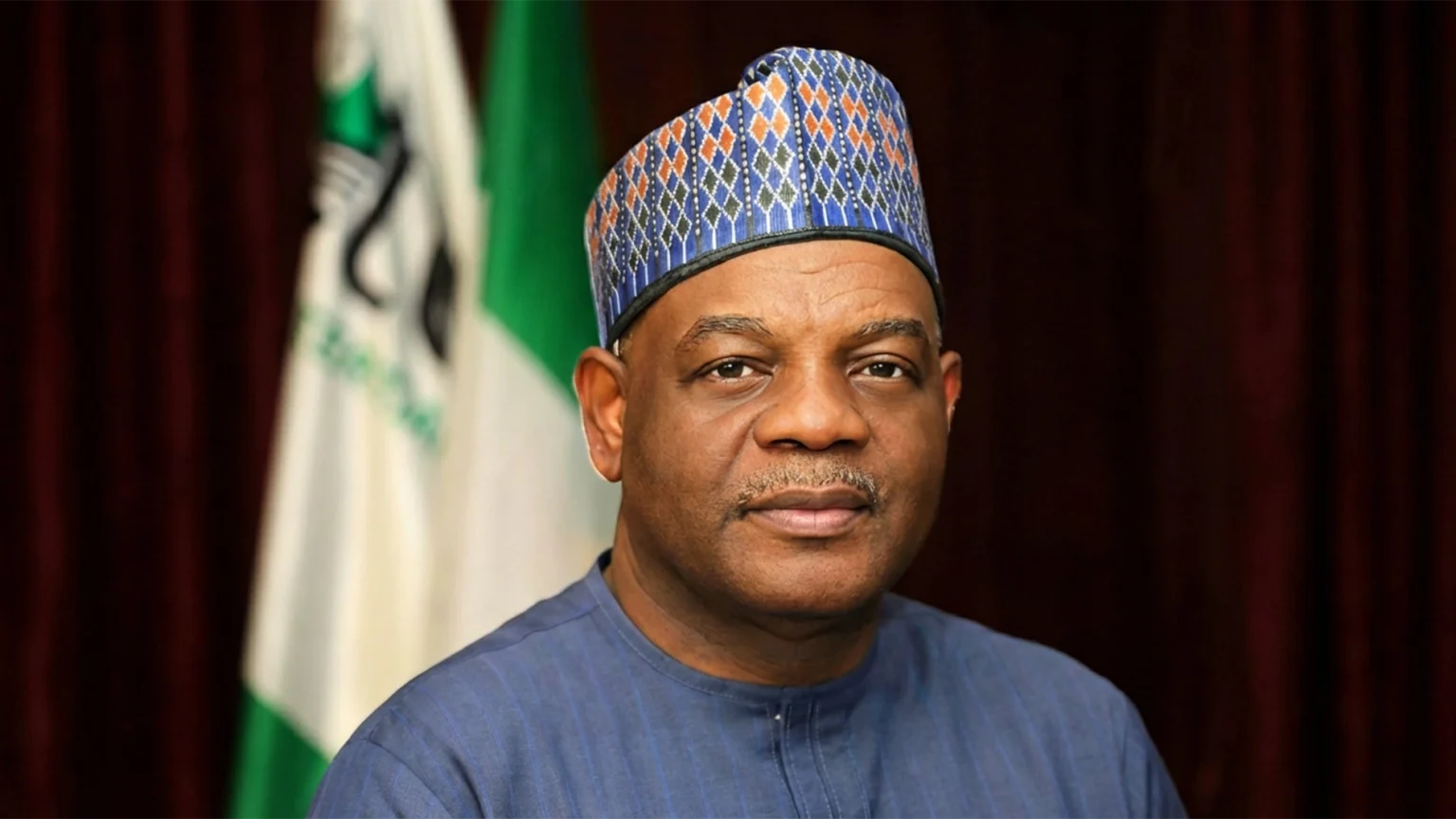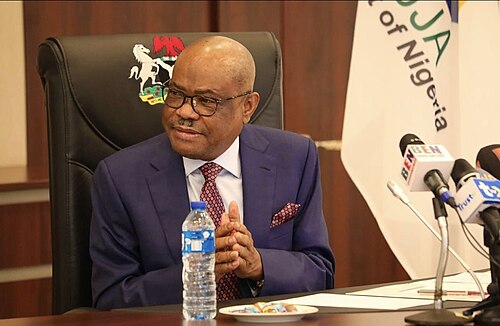In what is the first major jolt to the new administration, Iran’s vice-president Mohammad Javad Zarif resigned on Sunday, less than two weeks after his appointment as a member of President Massud Pezeshkian’s cabinet. Zarif announced his resignation on the social media platform X, expressing the deepest dissatisfaction with his role, stating: “I am not satisfied with my work and regret that I have not been able to fulfill expectations.” His decision to step down has been attributed to disagreements over the selection of ministers for Pezeshkian’s new cabinet, which Zarif hinted was one of the big factors in his stepping down.
Zarif served as foreign minister of Iran from 2013 until 2021 and was the most important person in Pezeshkian’s presidential campaign. He was supposed to be instrumental in the implementation of policies by the new administration, particularly in foreign policy matters. His experience and popularity were seen as vital assets in resuming nuclear negotiations with world powers for the lifting of the crippling economic sanctions on Iran. Zarif had earlier played a huge role in the country’s land-mark achievement in its diplomatic history: securing the 2015 international nuclear agreement.
But Zarif was not satisfied because at least seven of the 19 ministers proposed for the cabinet to be headed by Pezeshkian were not his personal choice. This disagreement is viewed as having been influenced by the internal pressures, especially from the hardline arch-conservative faction within Iran. Some observers have picked up that the final list of ministers that Pezeshkian finally presented did not correspond to any of the plans and promises of reform that had been the centerpiece of his election campaign. In this regard, there is already speculation that these hardline elements have imposed certain ministers on the president.

The resignation of Zarif is the second major blow and crisis that President Pezeshkian has had to face since coming to power at the end of July. The first crisis was in the form of an event that took place right after his inauguration: the assassination of the Palestinian militant leader Ismail Haniyeh in Tehran. This put an immediate burden on the new administration, already tasked with the stiff job of steering Iran through international pressure and internal mess.
Such resignation raises several dark questions about the future course that Pezeshkian’s government might take and its ability to deliver on his reformist agenda. Zarif was much more than a right-hand man to Pezeshkian during his presidential campaign; he was also an trusted ally who led the charge in foreign policy matters, mainly with the international community, in re-engagement efforts to alleviate these harsh economic sanctions which have paralyzed Iran’s economy.
Without Zarif, diplomatic progress along the lines of that achieved by Pezeshkian is hard to imagine, certainly with regard to the nuclear negotiations. Furthermore, Zarif’s resignation would indicate deeper ruptures in government and perhaps even signal harder times ahead for the rule of Pezeshkian in a politicized environment. This resignation has also cast a shadow over the ability of the new government to implement the reforms promised during the election campaign, leaving many in doubt that Pezeshkian will be able to navigate the complex political scene in Iran.
SOURCES
- https://businessday.ng/world/article/iranian-vice-president-resigns-after-11-days-in-office/
- https://thenationonlineng.net/iranian-vice-president-resigns-after-11-days-in-office/#google_vignette
- https://punchng.com/irans-vice-president-resigns-after-11-days-in-office/




